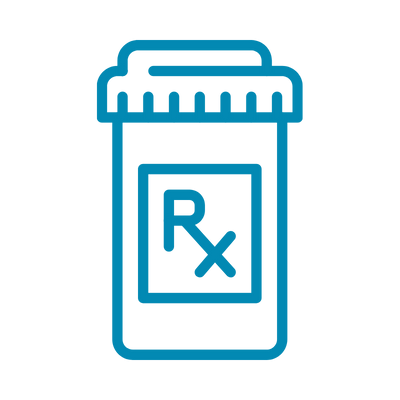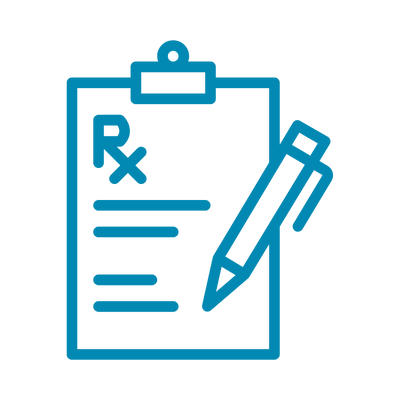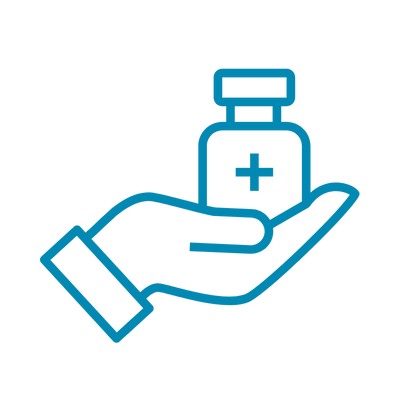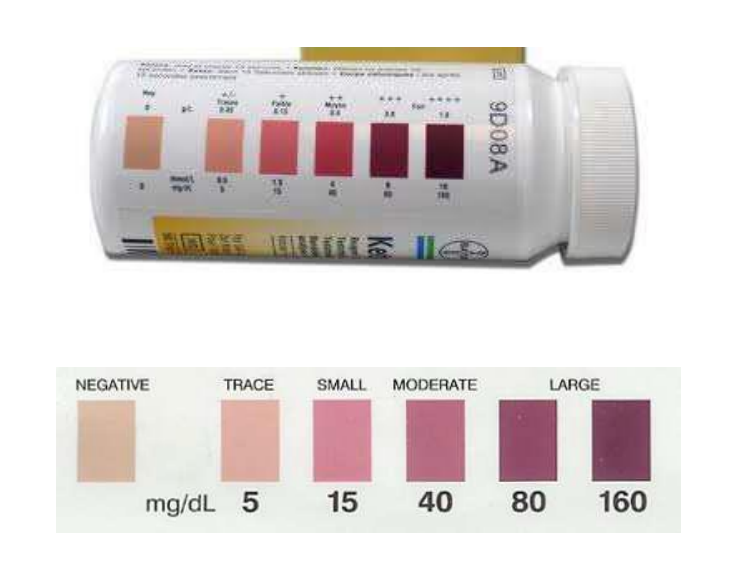Diabetes Center
The Pediatric Diabetes Care Center at Valley Children’s provides expert diagnosis and management of infants, children and adolescents. Children who are inpatients at the Hospital can be referred to the practice for diabetes management. We bring a multidisciplinary approach to patient care; in addition to pediatric endocrinologists, the practice is staffed with certified diabetic educators, social workers, and dietitians. Nurses, nurse practitioners, and dietitians in the practice are Certified Diabetes Educators.
Along with providing excellent care, the Diabetes Team conducts four educational sessions on diabetes self-management with patients and families, and two additional advanced education sessions. The sessions consist of individualized education plans and resource materials that measure patient progress.
The Pediatric Diabetes Care Center at Valley Children’s was awarded the American Diabetes Association (ADA) Education Recognition. The American Diabetes Association is the largest and most widely known organization in the field of diabetes. The ADA Education Recognition distinguishes healthcare organizations that provide quality diabetes self-management education services.
Diabetes Education and Resources
Click on the links below to explore our diabetes education resources.
We are happy that you have chosen The Pediatric Diabetes Center at Valley Children’s Healthcare to provide care for your child. It is our goal to help you maintain your child’s health at an optimum level. This will include multiple medications and supplies that will be needed by your child.



Calls for Prescription Refills
- Must call Monday-Friday between 8:30 a.m. – 3 p.m.
- Must allow 3 BUSINESS DAYS for refills (CCS refills may take longer)
- No routine prescriptions will be refilled after hours or on weekends
Please keep your child's appointment. We cannot write prescriptions for your child if they have missed appointments. This office is heavily booked and will not be able to reschedule your child’s visit until the next available appointment time.
These prescriptions will be written for you as follows:
At diagnosis
- One-time prescription for all medications/supplies will be filled before leaving hospital
- You will be given another prescription at your first clinic visit
- Afterwards, prescriptions will be given at regular clinic visits
For patients who were already diagnosed, but are new to our practice
- You will be given a prescription at your first visit
- Thereafter you will receive prescriptions at your child’s regular visits
Transferring prescriptions
- Call new pharmacy (make sure they will bill your insurance) and ask them to contact your current pharmacy to transfer all medications/supplies, with refills, to them
To obtain refills from current prescriptions
- Call in prescription (Rx) number
- The pharmacy will contact the clinic for a new prescription if it is expired
- If you have turned in a new prescription, ask them to look it up by name and date of birth
When should I check for ketones?
Check for ketones if the blood sugar is high (more than 300mg/dl) or if the child is vomiting during the day or night. You should also check for ketones if the child has a high blood sugar and is vomiting.
What are the symptoms of high blood sugar?
- Very thirsty
- Needing to pee more often than usual
- Dry skin
- Very hungry
- Sleepy
- Blurry vision
- Infections or injuries heal slowly
What should I do after I check for ketones?
- If there are NO ketones, TRACE, or SMALL ketones:
- Give insulin correction and carb insulin (if eating). If it is bedtime (at least 3 hours after the last bolus for carb or correction), give only half the correction dose.
- Return to normal blood sugar testing and insulin scale
- Give frequent small amounts of non-carb fluids
- MODERATE or LARGE ketones:
- Give insulin correction and carb insulin (if eating)
- EVERY 3 hours: check ketones, test blood sugars, give corrections by adding
- ½ unit of insulin to your total- if child is less than 6 years old
- 1 unit of insulin to your total- if child is 6 years old or older
- Check every 3 hours until blood sugars are less than 200mg/dl
- Give frequent small amounts of non-carb fluids every 10-15 minutes
What if the child is vomiting more than once?
- GO TO THE EMERGENCY ROOM
- Give insulin correction if blood glucose is more than 300mg/dl
- Never miss your Lantus/Basaglar/Semglee dose. Always give Lantus/Basaglar/Semglee at your scheduled time.
Test urine ketones if blood glucose is greater than 300mg/dl, fever, or vomiting.

What is low blood sugar?
- Children 5 years old or less:
- < 80 mg/dl during the day
- < 120 mg/dl at least 3 hours after last carbohydrate containing meal/snack
- Children older than 5 years old:
- < 70 mg/dl during the day
- < 100 mg/dl at least 3 hours after last carbohydrate containing meal/snack
When can low blood sugar happen?
- Child does not finish eating all the carbohydrates they took insulin for
- Too much insulin was given
- Child does extra exercise and burns more sugar than usual
When should I check the child’s blood sugar?
- Shaky
- Fast heartbeat
- Sweaty
- Dizzy
- Anxious
- Hungry
- Blurry vision
- Weak or tired
- Headache
- Nervous or upset
If the child’s blood sugar is low, follow the Rule of 15’s:
- Drink or eat 15 grams of fast-acting carbohydrate (see below for suggestions)
- Wait 15 minutes – re-check the blood sugar using the finger
- If the blood sugar is still low- give another 15 grams of carbohydrate and re-test the blood sugar in another 15 minutes. Repeat the Rule of 15’s until the blood sugar is back to normal levels.
- Once blood sugar is back to normal levels, continue with usual meal plan.
Reminders:
- DO NOT GIVE INSULIN FOR A LOW
- ALWAYS USE THE FINGER FOR TESTING. Do not use the arm or leg.
- Always make sure your glucagon kit is available and has not expired.
- Carbohydrates used to treat lows are not counted as part of the meal plan
- If your child is having frequent or severe lows - contact the Pediatric Diabetes Care Center at (559) 353-6600 for possible meal plan or insulin adjustment.
Fast-acting Carbohydrate Guide for Treating Low Blood Sugars
If your child’s blood sugar is low, take ONE serving (15 grams) of a fast-acting carbohydrate. Examples are listed below:
| |
Fast-Acting Carbohydrates |
Candies &
Other Sweets |
5 small gum drops
6 large jelly beans
15 pieces Skittles
2 tablespoons raisins
1 Tablespoons honey
1 Tablespoon jam or jelly
1 Tablespoon sugar in water
4 pieces Starburst
|
| Drinks |
1/2 cup apple juice, orange juice, or regular soda (NO DIET)
1/3 cup grape juice or cranberry juice
1 cup sports drink
|
| Fruits |
1/2 medium banana
1 small apple
1 medium peach
|
| Other |
4 Glucose Tablets
1 small tube cake gel (not paste/frosting)
|
| |
Less Quickly Absorbed Carbohydrates |
| Starches |
1 slice of bread
6 Saltine crackers
1/2 English muffin
3 Graham cracker squares
|
| Sweets |
1 ½ Fig Newton bars
5 vanilla wafer cookies
5 gingersnap cookies
|
| Other |
1 cup of milk
|
*Treating a low blood sugar before a meal or during a sporting event – try to use a carbohydrate that will not fill up your child’s stomach, which can make them too full to eat their meal or make them nauseous when exercising. Examples: ¼ cup of juice mixed with 1 ½ teaspoons of sugar, glucose tablets, or 1 tablespoon of honey.